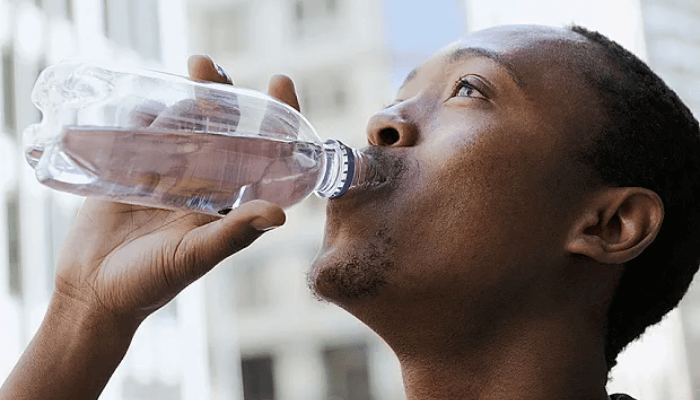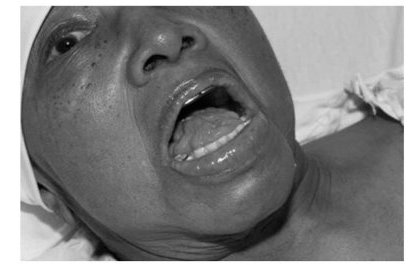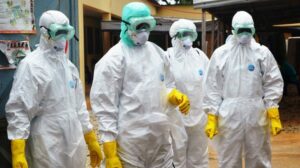Engaging in sexual intercourse and sharing intimate moments like kissing are fundamental parts of human relationships. However, these activities can occasionally result in the transmission of certain diseases. These infections are caused by viruses, bacteria, or other microorganisms that transfer between partners during close contact. By learning about these diseases, understanding their causes and effects, and adopting prevention strategies, you can safeguard your health and that of your loved ones.
Common Diseases Linked to Sexual Intercourse
Sexually transmitted infections (STIs) or diseases (STDs) are the primary illnesses associated with sexual activity. Here are some of the most prevalent ones:
HIV/AIDS
HIV, or Human Immunodeficiency Virus, is one of the most serious infections transmitted through sexual contact. This virus targets and weakens the immune system by destroying essential infection-fighting cells. HIV is spread through unprotected sexual activity, sharing contaminated needles, or from mother to child during childbirth or breastfeeding. If untreated, HIV can progress to AIDS (Acquired Immunodeficiency Syndrome), a condition that severely compromises immunity and can be fatal. Preventive measures include consistent use of condoms, avoiding needle-sharing, and taking antiretroviral drugs if exposed.
Chlamydia
Chlamydia is a bacterial infection caused by Chlamydia trachomatis. It spreads through vaginal, anal, or oral sexual contact. Symptoms are often subtle but may include abnormal discharge, pain during intercourse, and burning sensations while urinating. If untreated, chlamydia can lead to pelvic inflammatory disease (PID) in women and infertility in both sexes. Preventive measures include regular STI testing and using barrier protection during sex.
Gonorrhea
Caused by the bacteria Neisseria gonorrhoeae, gonorrhea is another common STI transmitted through sexual fluids. Symptoms include painful urination, unusual discharge, and pelvic pain. Left untreated, gonorrhea can lead to infertility and increase vulnerability to other infections like HIV. Using condoms consistently and undergoing regular health screenings can help prevent gonorrhea.
Syphilis
Syphilis, caused by the bacterium Treponema pallidum, spreads through direct contact with sores during sex. The infection progresses through stages, starting with sores and advancing to rashes, organ damage, and even death if untreated. Early detection and antibiotic treatment are crucial in managing syphilis. Safe sex practices and regular medical checkups are essential preventive steps.
Human Papillomavirus (HPV)
HPV is a viral infection transmitted through skin-to-skin contact during sex. It is linked to genital warts and certain cancers, such as cervical and throat cancers. While most HPV infections resolve on their own, persistent strains can cause serious complications. Vaccines and regular screenings, such as Pap smears for women, are effective preventive measures.
Illnesses Transmitted Through Kissing
Diseases spread via kissing are usually transmitted through saliva. Some of the notable illnesses include:
Herpes Simplex Virus (HSV)
Herpes is caused by the Herpes Simplex Virus, which is transmitted through direct contact with infected saliva or cold sores. Symptoms include painful blisters around the mouth or genitals. The virus remains dormant in the body, causing recurring outbreaks. Preventive measures include avoiding kissing during outbreaks and not sharing items like lip balm or utensils.
Mononucleosis (Mono)
Often referred to as “the kissing disease,” mononucleosis is caused by the Epstein-Barr Virus (EBV). It spreads through saliva and causes fatigue, fever, swollen lymph nodes, and sore throat. Though usually not severe, mono can lead to complications like an enlarged spleen. Avoiding sharing utensils or kissing infected individuals can reduce the risk of transmission.
Cytomegalovirus (CMV)
Cytomegalovirus is another virus spread through saliva or bodily fluids. While it typically causes mild symptoms, it can lead to severe complications in individuals with weakened immune systems or unborn babies. Good hygiene, such as frequent handwashing, and avoiding contact with infected fluids, helps minimize risk.
Tips to Prevent Disease Transmission
Adopting a proactive approach to health can help you avoid diseases related to sexual activity and kissing. Here are some effective prevention strategies:
- Practice Safe Sex: Always use condoms or dental dams to minimize STI risk.
- Get Vaccinated: Vaccines like those for HPV and hepatitis B provide robust protection against specific infections.
- Routine Health Screenings: Regular STI tests help identify and treat infections early.
- Hygiene Matters: Wash hands frequently and avoid sharing personal items like toothbrushes or eating utensils.
- Open Communication: Discuss health history and STI status with your partner to promote mutual safety.
- Limit Risky Behaviors: Reducing the number of sexual partners and avoiding contact with visible sores or symptoms can significantly decrease the likelihood of transmission.
Although sexual intercourse and kissing are natural and meaningful ways to connect with others, they carry risks of disease transmission. Educating yourself about these risks, practicing preventive measures, and seeking medical attention when needed can help maintain your well-being. Protecting yourself and your partners ensures that intimacy remains safe and enjoyable. Stay informed, take action to reduce risks, and prioritize health in all aspects of your relationships.














Post Comment